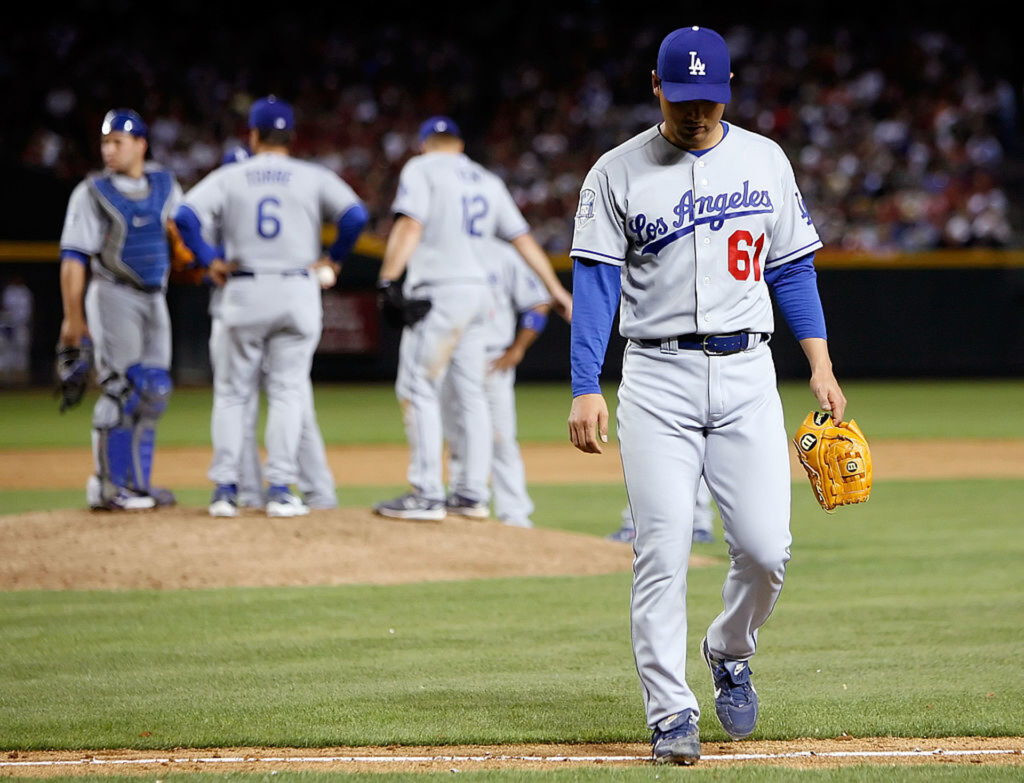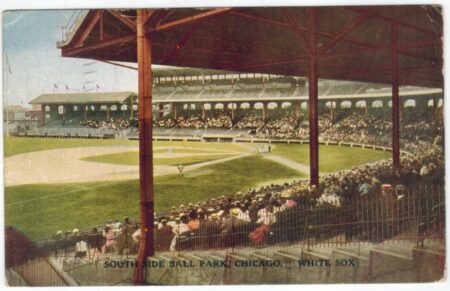A baseball game between the Los Angeles Dodgers and the Arizona Diamondbacks on April 30 was postponed after a colony of bees swarmed the protective netting behind home plate, leading to a delay of almost two hours. Around five minutes before the first pitch, the bees began gathering on the net. This forced the senior manager of events to take immediate action and get Mike Rock, the Diamondbacks’ vice president of baseball operations, on the phone. He said, “She doesn’t usually call me about that time. I knew something was odd. “She said, ‘We have bees landing on the net right behind home plate.’ I said, ‘How many?’ “And she said, ‘Hundreds — no way, thousands.’ And I knew we had a problem.”
Swarms of bees are relatively common during springtime in Arizona. Over the years, they have caused several spring training delays. Bees even forced a considerable delay in the match between Carlos Alcaraz and Alexander Zverev at the BNP Paribas Open in Indian Wells, California last month. The managers of both baseball teams, Torey Lovullo and Dave Roberts, met with the umpires after the swarm gathered on the net. Shortly after, a public announcement echoed throughout the stadium, revealing that the game would be momentarily delayed. However, Rock and his team already had plans in place, and Matt Hilton, a beekeeper who had planned to save the night, was on his way to the stadium. Hilton had been enjoying his son’s last T-ball game of the year when he was called into action. The beekeeper lived around 45 minutes from downtown Phoenix, so he grabbed what gear he needed and dashed toward the park. “Minor leagues to the big leagues now,” said Hilton, branch manager for Blue Sky Pest Control’s Phoenix office. “It’s pretty cool.” He continued, “There was zero traffic, thankfully.”
By the time Hilton arrived on the scene, it was already over an hour after the scheduled first pitch. The crowd cheered as the beekeeper rode in on a small cart. Once he began suiting up, the already pumped crowd started cheering for the man who was set to save the game. Hilton then began spraying the bees before sucking them up through a shop vac. He repeated the process until he was sure every last bee was removed from the net. By the time Hilton had finished his job and double-checked his work, it was around two hours after the first scheduled pitch. For his heroic attempt to save the game, Hilton was asked to switch out of his bee gear and was given the opportunity to throw out the ceremonial first pitch. “I thought I was just going to do my thing and cruise out, but it was fun because of the thousands of people cheering for you,” he said. “It was a little nerve-racking, I’m not going to lie — a lot of pressure to get this game going.”






